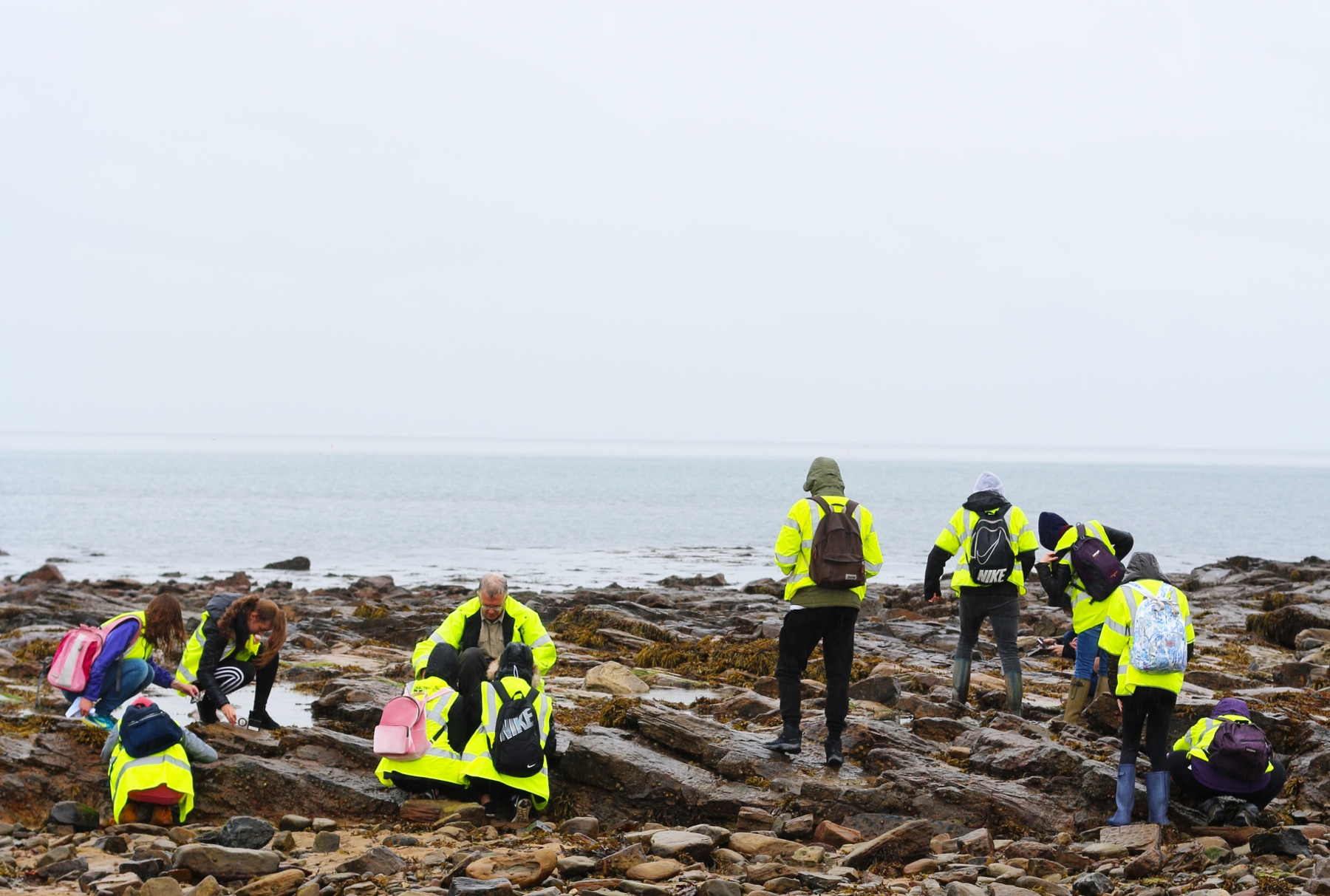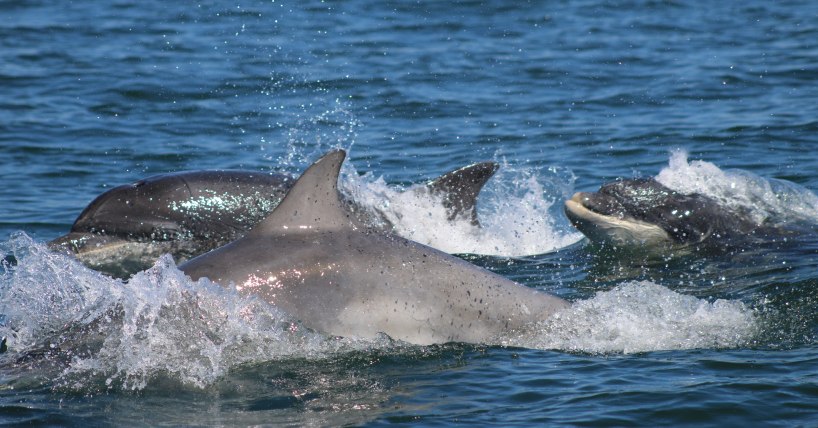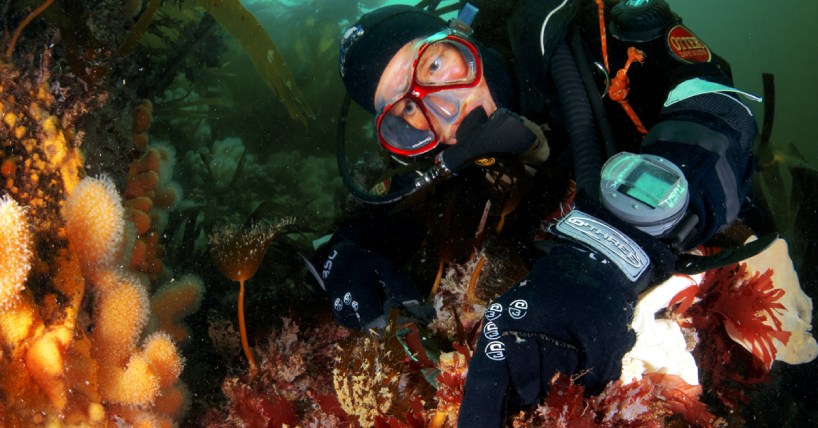Ecology Masters Degrees
Explore biodiversity, conservation and environmental challenges with our masters degrees in ecology. Gain hands-on research experience and the skills needed to protect the planet.
Study ecology
Ecology explores how living things interact with each other and their environment. You’ll study ecosystems, biodiversity, and how environmental changes affect life on Earth.
Our ecology degrees give you:
- hands-on experience in fieldwork and research
- skills to tackle challenges like habitat loss and climate change
- opportunities to continue studying for your PhD
Take the next step to make a difference in protecting our planet.



